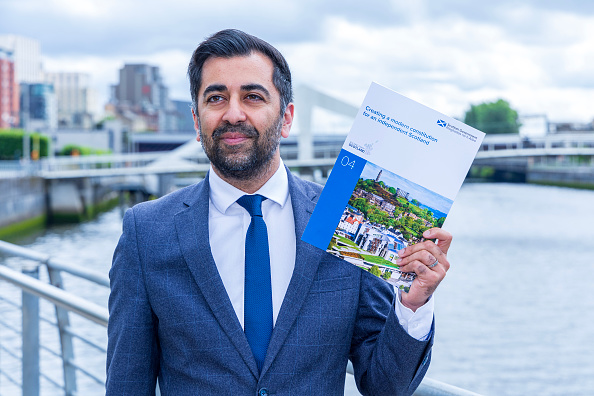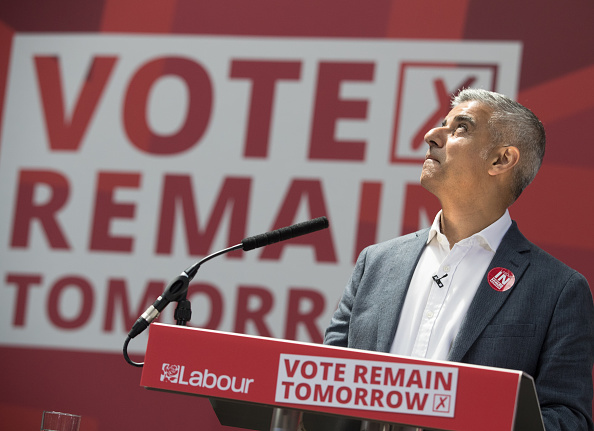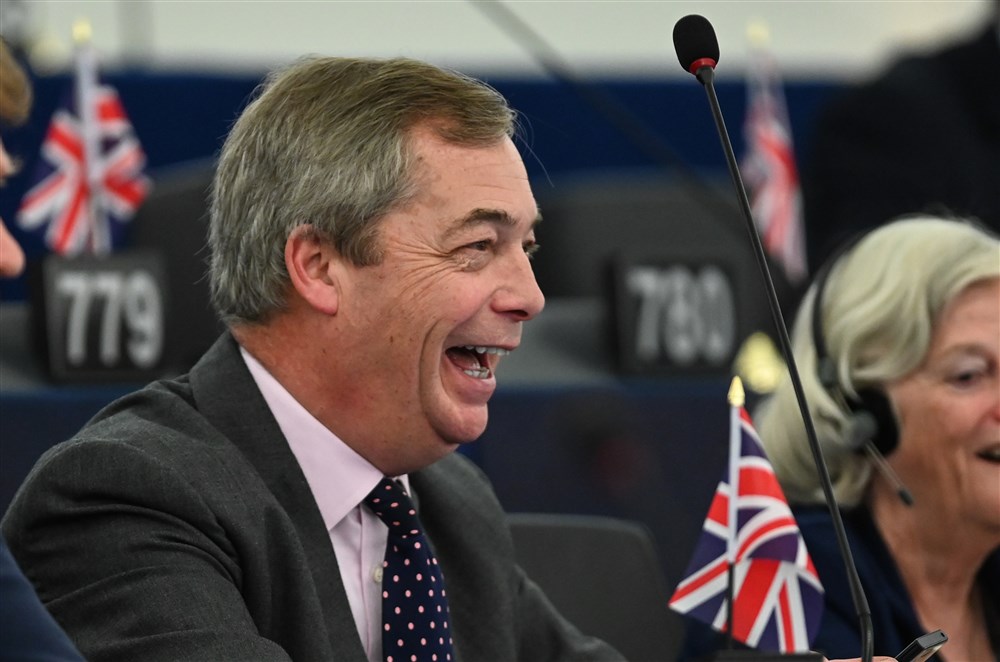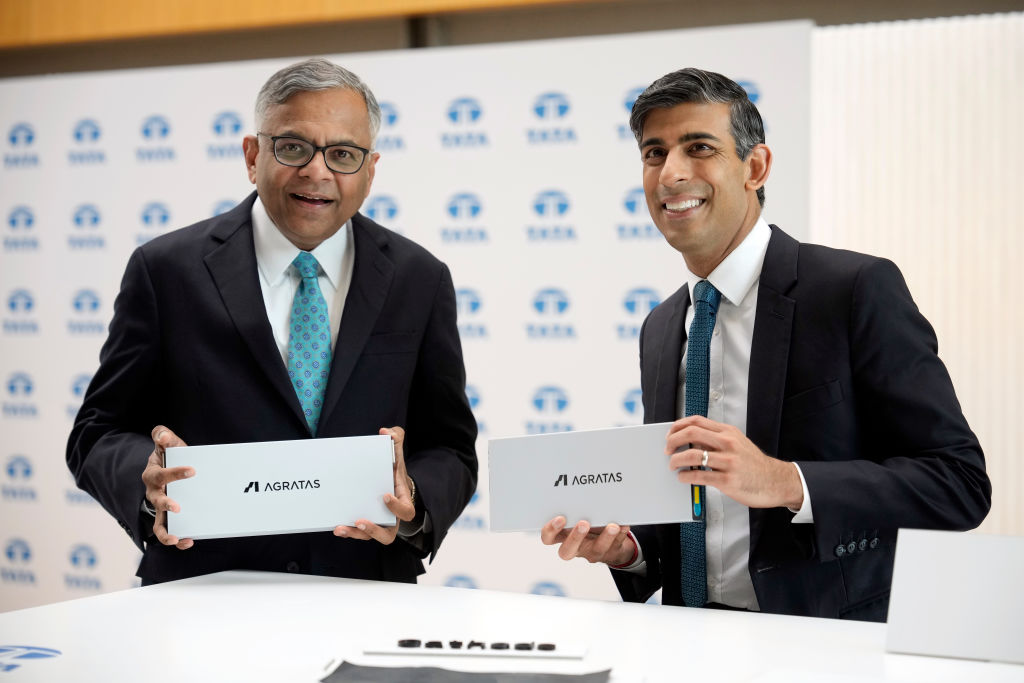The European Union on July 20 defused a diplomatic flare-up with the UK after using the Argentine name for the Falkland Islands in a statement.
On July 18, a joint declaration between the EU and the 33-member Community of Latin American and the Caribbean states (CELAC) referred to “the Islas Malvinas/Falkland Islands”.
The UK and Argentina both lay claim to the remote South Atlantic archipelago, fighting a war over it in 1982 that resulted in the deaths of 255 British service personnel and 649 Argentines.
The July 18 pronouncement, following a two-day summit between the EU and CELAC, said: “Regarding the question of sovereignty over the Islas Malvinas/Falkland Islands, the European Union took note of CELAC’s historical position based on the importance of dialogue and respect for international law in the peaceful solution of disputes.”
Buenos Aires seized on the statement as a “diplomatic triumph”, adding it hoped to expand talks with the EU on the “question” of the islands.
“We concluded the summit with great news: the European Union and CELAC adopted a motion on the ‘Malvinas Question’,” tweeted Argentina’s President Alberto Fernández.
“Our sovereignty claim, by peaceful means and through dialogue, remains intact,” he added.
Before the summit, UK Foreign Secretary James Cleverly had asked Brussels to avoid any mention of the Islas Malvinas/Falkland Islands in the declaration.
EU officials retorted that, as Britain was no longer an EU Member State, it had no say in the matter.
Brussels was nonetheless quick to quash Fernández’s suggestion the EU had changed its standpoint.
Member States “have not changed their views and positions concerning the Falklands/Islas Malvinas”, Peter Stano, chief EU spokesman on foreign policy, told Brussels Signal.
He added that the EU was “not in a situation to express any position on the Falklands/Islas Malvinas, as there is not any [European] Council discussion on this matter”.
“The EU does not take any position on such matters without a Council mandate.”
The EU classifies the Falklands as a British Overseas Territory, as it reaffirmed in the 2009 Lisbon Treaty. Any change in the bloc’s position on the islands requires an agreed decision from the 27 Member States in the European Council.
A spokesman for UK Prime Minister Rishi Sunak welcomed the Brussels’ statement, saying: “The EU has rightly now clarified that their position on the Falklands has not changed after their regrettable choice of words.
“In the 2013 referendum, 99.8% of islanders voted to be part of the UK family,” which was “supported by international law and the UN Charter which is binding on all UN members”, the spokesman added.
The UK would “continue to defend the Falklands’ right to self-determination in all international forums and have called on the EU to respect the democratic rights of the Falkland Islands”, said the spokesman.
“The concern is any suggestion that EU states would recognise Argentina’s claims on the Falklands, which they have now clarified is incorrect.”





